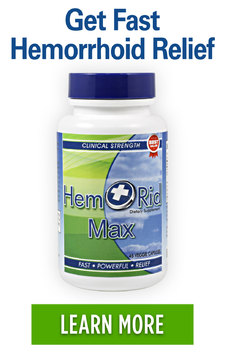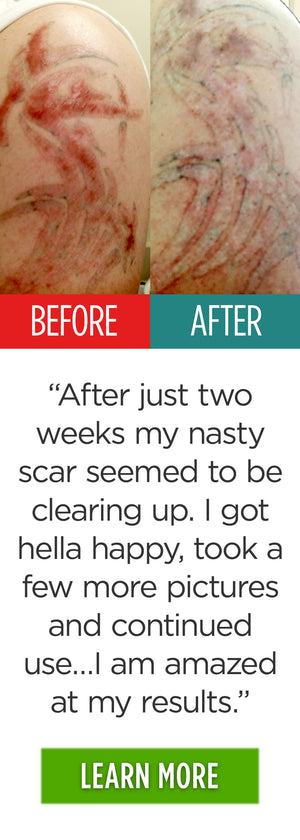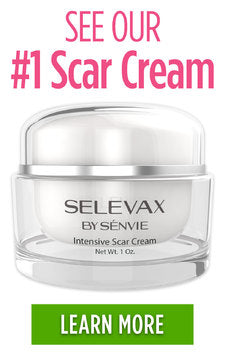Why Hemorrhoids Cause That Annoying Itch
Posted on 11 June 2024 by Musab Zubair
Share this post
Hemorrhoids, also known as piles, are swollen veins around the rectum and anus. They can be a source of discomfort, and itching is a frequent complaint. This blog post delves into the reasons behind the itch associated with hemorrhoids. We explore factors like irritation, inflammation, mucus production, and hygiene practices. Learn how to manage the itch and find relief for a more comfortable you.
Hemorrhoids and the Itch You Can't Scratch
Hemorrhoids are a common condition, affecting millions of people worldwide. While pain and bleeding are often associated symptoms, the constant itch can be particularly bothersome. This blog post sheds light on why hemorrhoids itch, explaining the underlying causes and offering tips to manage the itch and prevent future flare-ups.
The Itchy Truth: Why Do Hemorrhoids Itch?
The itch associated with hemorrhoids can be attributed to several factors:
- Irritation: Swollen hemorrhoids can irritate the delicate skin around the anus, triggering an itchy sensation.
- Inflammation: Hemorrhoids are often inflamed, and this inflammation can further irritate the skin, leading to itching.
- Mucus Production: Internal hemorrhoids can cause increased mucus production in the rectum. This mucus can leak out and irritate the anal area, causing itching.
- Poor Hygiene: If the anal area isn't kept clean, especially after bowel movements, stool or mucus residue can build up and irritate the skin, leading to itching.
- Straining: Straining during bowel movements can worsen hemorrhoids and exacerbate itching.
Understanding the Itch: A Deeper Look
By understanding the root causes of the itch, we can develop strategies to manage it. Let's delve deeper into some key factors:
- Skin Irritation: The delicate skin around the anus is easily irritated by friction from clothing, toilet paper, or even wiping too vigorously. Hemorrhoids further aggravate this sensitivity, leading to itching. The constant rubbing and irritation can damage the skin barrier, making it more susceptible to dryness and further irritation.
- Inflammation: The inflammatory response triggered by hemorrhoids causes the release of chemicals like histamine and prostaglandins. These chemicals irritate nerve endings in the skin, resulting in an itchy sensation. Additionally, inflamed hemorrhoids can become swollen and rub against surrounding tissues, further contributing to the itch.
- Mucus Irritation: Internal hemorrhoids can cause increased mucus production in the rectum. This mucus leakage can dry and irritate the anal area, contributing to the itch. Mucus can also trap moisture and create a breeding ground for bacteria, leading to further irritation and itching.
Beyond the Basics: Other Potential Causes of Itching with Hemorrhoids
While the factors mentioned above are the most common culprits behind hemorrhoid-related itching, there are other potential causes to consider:
- Yeast Infection: A yeast infection in the anal area (perianal yeast infection) can mimic the symptoms of hemorrhoids, including itching.
- Skin Conditions: Certain skin conditions like eczema or psoriasis can affect the anal area and cause itching, sometimes co-existing with hemorrhoids.
- Pinworms: Parasitic pinworms can lay eggs around the anus, causing intense itching, especially at night.
- Allergic Reactions: An allergic reaction to certain soaps, wipes, laundry detergents, or fragrances can cause itching in the anal area, sometimes mistaken for hemorrhoid itch.
Finding Relief from the Itch: Strategies for Soothing Discomfort
Fortunately, there are several ways to manage the itch associated with hemorrhoids. Here are some helpful tips to find relief:
- Sitz Baths: Warm sitz baths, where you soak your lower body in warm water (10-15 minutes) several times a day, can soothe the irritated skin and provide relief from itching. Epsom salts can be added to the bathwater for additional anti-inflammatory benefits.
- Gentle Hygiene: Maintaining proper hygiene is crucial. Gently clean the anal area with warm water and a mild, fragrance-free soap after each bowel movement. Avoid using harsh soaps, wipes, or douches, as these can further irritate the skin. Pat the area dry with a soft towel or allow it to air dry completely.
- Moisture Management: Keeping the anal area clean and dry is essential. Avoid tight-fitting clothing that traps moisture. Opt for loose-fitting, breathable cotton underwear that allows for proper ventilation.
- Topical Creams and Ointments: Over-the-counter creams and ointments containing ingredients like witch hazel, lidocaine, or hydrocortisone can help reduce inflammation and itching. Apply a thin layer to the affected area according to the product instructions.






